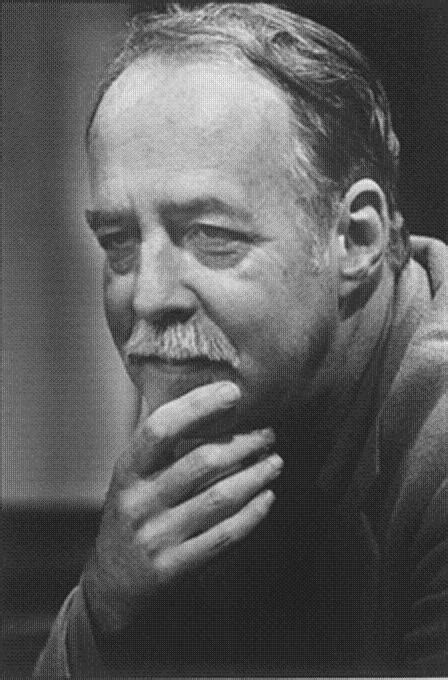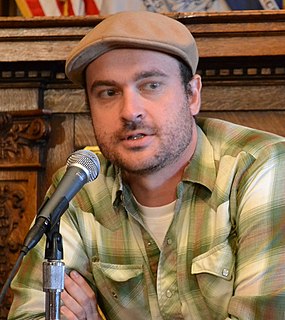A Quote by William Matthews
A great deal of the joy of life consists in doing perfectly, or at least to the best of one's ability, everything which one attempts to do. There is a sense of satisfaction, a pride in surveying such a work, a work which is rounded, full, exact, complete in all its parts-which the superficial man, who leaves his work in a slovenly, slipshod, half-finished condition can never know. It is this conscientious completeness which turns work into art. The smallest thing, well done, becomes artistic.
Quote Topics
Ability
Art
Artistic
Attempts
Becomes
Best
Complete
Completeness
Condition
Conscientious
Consists
Deal
Doing
Done
Everything
Exact
Finished
Full
Great
Great Deal
Half
His
Joy
Joy Of Life
Know
Least
Leaves
Life
Man
Never
Parts
Perfectly
Pride
Satisfaction
Sense
Smallest
Superficial
Thing
Turns
Well
Well Done
Which
Work
Related Quotes
As for my own business, even that kind of surveying which I could do with most satisfaction my employers do not want. They would prefer that I should do my work coarsely and not too well, ay, not well enough. When I observe that there are different ways of surveying, my employer commonly asks which will give him the most land, not which is most correct.
The poet needs a ground in popular tradition on which he may work, and which, again, may restrain his art within the due temperance. It holds him to the people, supplies a foundation for his edifice; and, in furnishing so much work done to his hand, leaves him at leisure, and in full strength for the audacities of his imagination.
Have I then no work to work in this great matter of my pardon? None. What work canst thou work? What work of thine can buy forgiveness or make thee fit for the Divine favour? What work has God bidden thee work in order to obtain salvation? None. His Word is very plain and easy to be understood, "To him that worketh not, but believeth in Him that justifieth the ungodly, his faith is counted for righteousness" (Rom. 4:5). There is but one work by which a man can be saved. That work is not thine, but the work of the Son of God. That work is finished.
There was another thing I heartily disbelieved in - work. Work, it seemed to me even at the threshold of life, is an activity reserved for the dullard. It is the very opposite of creation, which is play… The part of me which was given up to work, which enabled my wife and child to live in the manner which they unthinkingly demanded, this part of me which kept the wheel turning - a completely fatuous, ego-centric notion! - was the least part of me. I gave nothing to the world in fulfilling the function of breadwinner; the world exacted its tribute of me, that was all.
No man is happier than he who loves and fulfills that particular work for the world which falls to his share. Even though the full understanding of his work, and of its ultimate value, may not be present with him; if he but love it--always assuming that his conscience approves--it brings an abounding satisfaction.
I enjoy doing my work, and I don't want to deal with the other things. When you enjoy doing your work so much, why deal with where to show, how to show, what to do? If the artist finds the right gallery which respects their work and gives them that freedom to do whatever they want to do, the artist can focus on his work.
It is only in his work that an artist can find reality and satisfaction, for the actual world is less intense than the world of his invention and consequently his life, without recourse to violent disorder, does not seem very substantial. The right condition for him is that in which his work in not only convenient but unavoidable.
Puzzles are great because they're fun. But really we are drawn to puzzles because they can be solved. We love the idea of being able to put a puzzle together and it being complete: you do it perfectly, step away, and you've completed the job. There's a deep satisfaction from that, and I think we wish for the ability to do that with everything. But emotions just don't work that way, people don't work that way, relationships don't work that way.






































